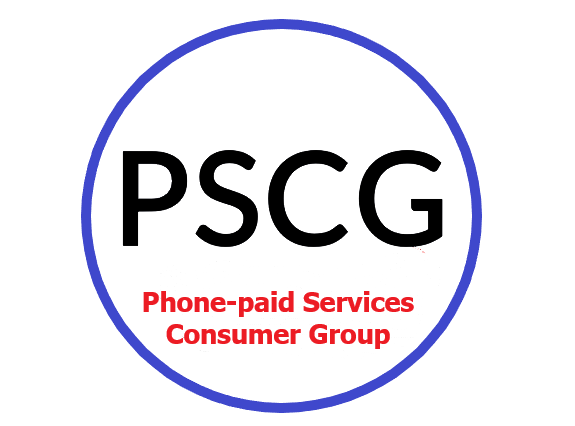Although their gullible staff frequently deny it, of course they do. They are not charities after all, and fending off enquiries from irate consumers costs them money.
A recent PSA tribunal provided some useful figures.
Mobbill was a “level 1 provider”. The Tribunal found MobBill (UK) Ltd had committed three breaches of regulation, one by not fulfilling its due diligence, risk assessment and control obligations, and two by providing false information to the PSA about its revenue and complaints data.
What was particularly useful about this adjudication was that it provided some insight in to the profit margins of the mobile networks on these charges. Three provided PSA with figures identifying the revenue they collected over a number of periods, and the amount pid out to Mobbill (who in turn paid out to the “service provider”). The table of these figures can be found on page 21 of the Tribunal Adjudication. This shows that between June 2017 and April 2018, Three collected £2,502,449 in revenue and paid out £1,828,099.78 to Mobbill Ltd. This means that they retained £674,349.22 for themselves as commission for enabling the charges. This gives a margin of 26.9%. We have previously estimated that network took 20%-30% and this agrees with our estimation.
Remember that the level 1 provider also takes a cut. Another set of figures (at the top of page 20) shows that of £1,755,800 in gross revenue, only £1,037,252.13 was received by the service provider – less than 60%.
Compare these margins with those of other payment processors, and you will see why Phone-paid services are such poor value for money!
